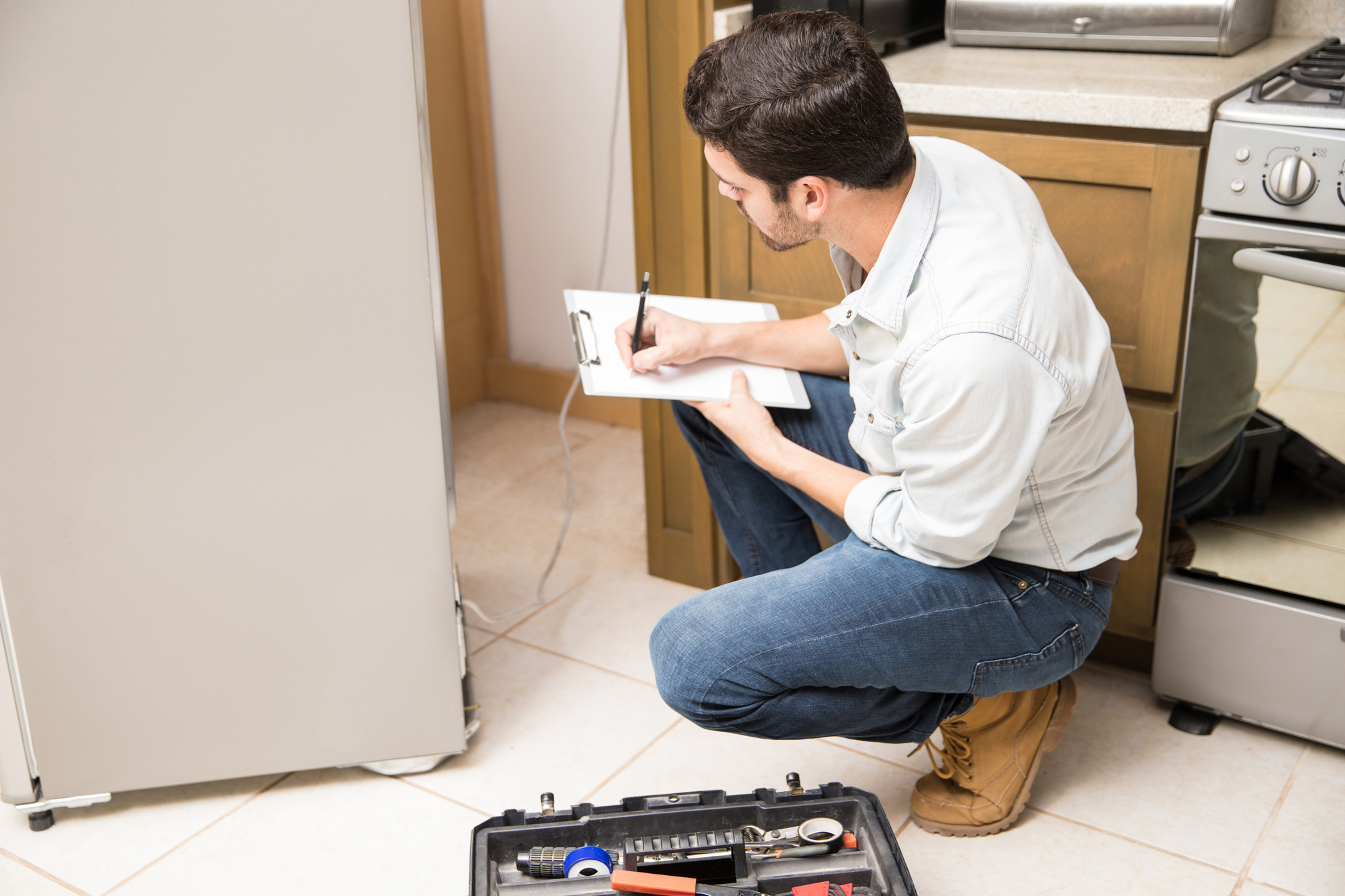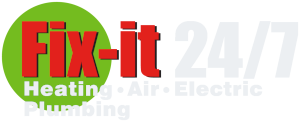The Importance Of Getting A Home Inspection
Many first-time homebuyers are excited to finally enter the market and purchase their first home. However, in this excitement, they might also be more prone to make several mistakes. One of the most important things to do when buying a home, yet something that is often overlooked, is getting a home inspection conducted by an inspector.
Home inspectors typically look for any problems that could potentially lead to expensive repairs or safety hazards. Although home inspections can cost anywhere between $300-$500, they can save you thousands of dollars in the long run by identifying issues you may not have otherwise been aware of.
What a Home Inspector Looks For
Home inspectors typically check for several different things when they are inspecting a home. They will look at the home’s structure, the condition of the various systems in the home, and any potential safety hazards. Home inspectors will also often make note of any cosmetic issues that they see.
Homebuyers can ask for specific requests to be included in a home inspection, although not all inspectors will be able to accommodate these requests. The type of property being inspected can also impact the scope of the home inspection.
For example, a condo unit typically has a more limited home inspection than a single-family home.
Heating and Cooling
An inspection helps you understand if the current HVAC system needs to be repaired or replaced. Replacing a furnace or old HVAC system can save money on energy bills and improve comfort in your home. Newer, high-efficiency systems also help improve indoor air quality.
If your home is more than 20 years old, it is probably time to start thinking about replacing your HVAC system. Even if your system is newer, an inspection can help identify problems that may lead to a breakdown or inefficient operation.
A certified home inspector will check the following:
- Age and condition of the unit;
- Capacity (size);
- Refrigerant charge;
- Airflow;
- Electrical connections;
- Safety controls;
- Ductwork condition and insulation;
- Thermostat operation.
After the inspection, the inspector will provide a report that details their findings and makes recommendations for AC repair or replacement. This report can be used to make an informed decision about your HVAC system.
If you decide to replace your HVAC system, choose a qualified contractor. A good contractor will help you select the right size unit for your home and install it properly. Improper installation of an HVAC system can lead to poor performance and increased energy costs.
Electricity and Wiring
A home electrical inspection helps you understand electricity and wiring by revealing potential electrical hazards and allowing you to make informed decisions about repairs or upgrades.
Many homes have outdated or dangerous electrical systems that pose a serious fire risk. A home inspector will check for signs of trouble, such as loose connections, frayed wires, or overloaded circuits. If any problems are found, the inspector will recommend that you have a licensed electrician make the necessary repairs or upgrades.
In addition to safety concerns, a home inspection can also help you understand how your home’s electrical system works and identify any potential problems that may need to be addressed.
For example, if your home has outdated wiring, it may not be able to handle the electrical load of modern appliances and devices. This could cause your circuits to overload, leading to a power outage or even a fire. Upgrading your wiring to modern standards can help prevent these problems from occurring.
Plumbing
Plumbing is one of the most important systems in any home, delivering clean water to your home while transporting wastewater to the sewer. If there are any problems with your plumbing, it can lead to serious health and safety concerns.
A home inspector will check all of the plumbing in a house — from the main water supply to the boiler. They will look for leaks, blockages, or other issues that could cause problems down the line. This information can help you make an informed decision about whether or not to purchase a particular property.
When buying an older home, it is especially important to get a home inspection. Plumbing systems in older homes are often outdated and may not meet current building codes. This can lead to expensive repairs or even complete replacement of the system.
By getting a home inspection, you’ll have a better understanding that the plumbing in your new home meets all of the necessary standards.
Sewage
One of the many things that a home inspection can help you understand is the sewage system in your home. The inspector will check for any signs of problems, such as leaks, and make sure that the system is functioning properly. They will also look for any potential hazards, such as exposed pipes or septic tanks.
If there are any problems with the sewage system, the inspector will recommend the best course of action. They may suggest repairs or replacement of parts. In some cases, they might recommend a sewer line camera inspection. These steps can help you avoid costly repairs down the road and keep your family safe from potential health hazards. I
Framing and Condition
One of the key aspects of a home inspection is assessing the condition of the framing. Framing is the structural support for the home, and it’s important to make sure that it is in good condition.
The inspector will look for any signs of damage, such as cracks or rot, and they will also check to see if there are any termites present.
The other key aspect of a home inspection is assessing the foundation’s condition. The foundation is what the home is built on, and it’s important to ensure it is in good condition.
The inspector will look for any signs of damage, such as cracks or erosion, and provide steps to address any foundational problems.
When Should You Get a Home Inspection?
It’s always a good idea to get a home inspection — even when buying a brand-new home. A home inspection can reveal hidden problems that could cost you a lot of money down the road. As soon as your offer on a home is accepted, you should get a home inspection.
An inspection is typically a contingency in the contract with the seller. It’ll typically be conducted during a specific period where the seller can accept or object to fixing the issues presented.
After an inspection is conducted, the buyer will have seven days to accept or reject the proposed changes. From there, the seller can get those changes done during a predetermined timeframe. Because this is an extensive process, it’s important to get an inspection done as soon as possible, especially if you’re looking to move in soon.
How a Home Inspection Protects Homebuyers
A home inspection is a critical part of the home buying process. It’s an opportunity for a buyer to learn about the condition of the property they’re interested in purchasing, as well as any potential problems that may need to be addressed.
This can help you avoid buying a home that needs significant repairs or may not be safe to live in.
A home inspection can also give you negotiating power when it comes to the purchase price of the home. If the inspection report reveals significant problems, you may be able to negotiate a lower price for the property.
It’s generally recommended that you get a home inspection any time you’re considering buying a property. This is especially true if you’re a first-time homebuyer, as you may not be familiar with all of the potential problems that could be present in a home.
If you’re working with a real estate agent, they can usually recommend a qualified home inspector in your area.
The Cost of a Home Inspection
The cost of a home inspection is important to consider when buying a home. According to Bankrate, the national average home inspection cost is about $339, but the price can vary depending on the size and age of the home, as well as the location.
Because a home inspection is optional, it is a separate expense paid to an independent contractor or service. Therefore, it’s typically not included in the closing costs.
Homebuyers or sellers may want to skip the inspection to speed up the buying process, but it’s an essential step that should not be overlooked. Getting a home inspection is generally a good investment, even if it doesn’t reveal any significant problems with the property. It can give you peace of mind knowing that you’re making a sound investment in your new home.


